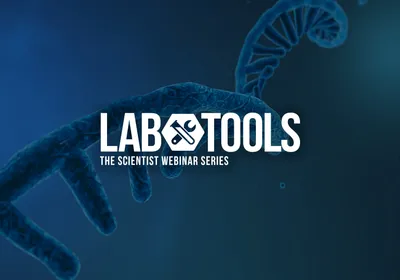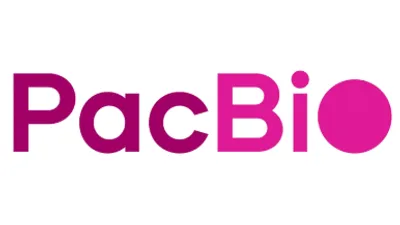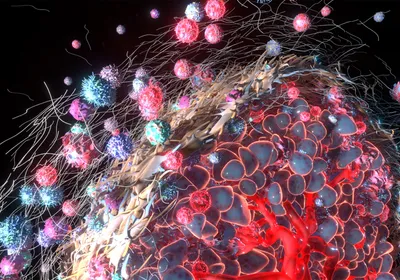 © ISTOCK.COM/OJO_IMAGESThe amount of genetic variation between cancer patients is astounding. Two people diagnosed with cancer in the same organ may, in fact, have two very different diseases. Consequently, we are now in the middle of a transition: we no longer classify cancer based solely on its tissue of origin, but also on the key mutations driving growth and spread of a patient’s tumor.
© ISTOCK.COM/OJO_IMAGESThe amount of genetic variation between cancer patients is astounding. Two people diagnosed with cancer in the same organ may, in fact, have two very different diseases. Consequently, we are now in the middle of a transition: we no longer classify cancer based solely on its tissue of origin, but also on the key mutations driving growth and spread of a patient’s tumor.
This concept of diagnosing and eventually treating based upon the mutations in the tumor is well known within the cancer research community, and is termed personalized or precision oncology. Precision oncology—and, in broader terms, personalized medicine—has received tremendous attention recently. President Obama proposed a $215 million investment for the National Institutes of Health focused on precision medicine, of which $70 million would be allocated to the National Cancer Institute. This type of effort hopefully signifies a new era of research funding that should lead to advances, not just in the understanding and treatment of cancer, but of other diseases as well.
Despite the influx of funding and increased research effort around the world, precision oncology still faces significant challenges. First and foremost, we must understand ...























